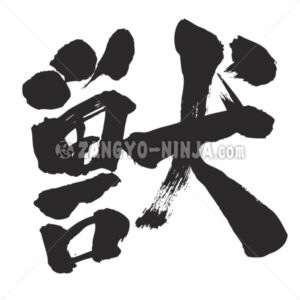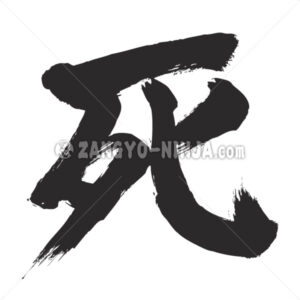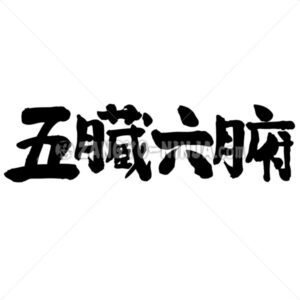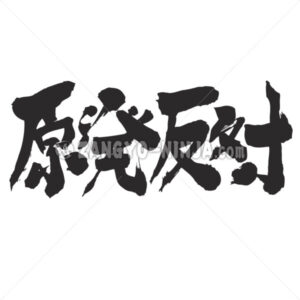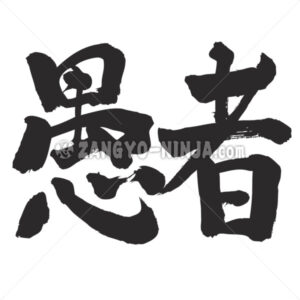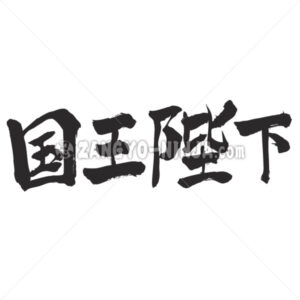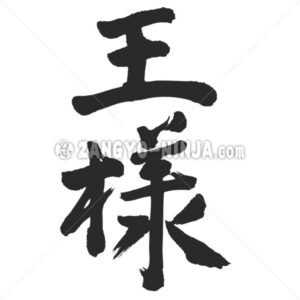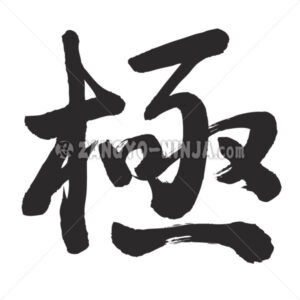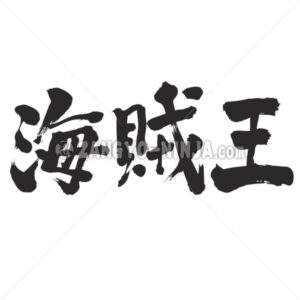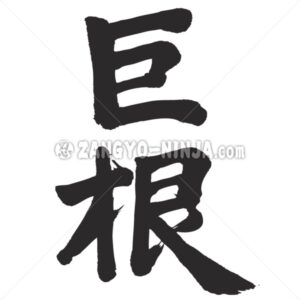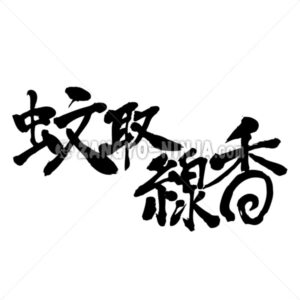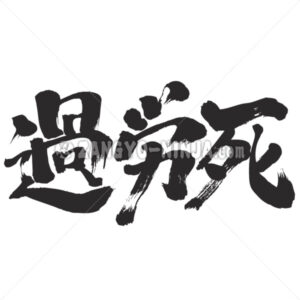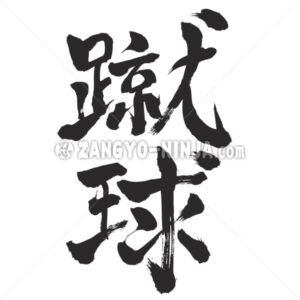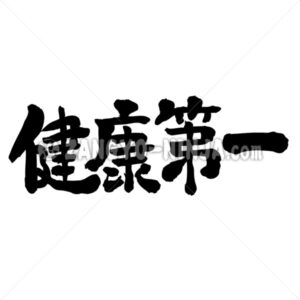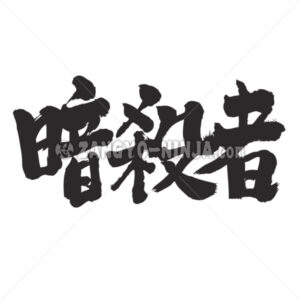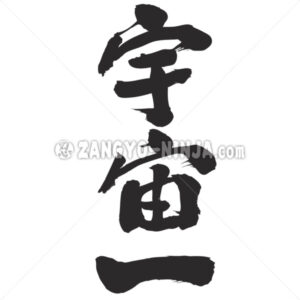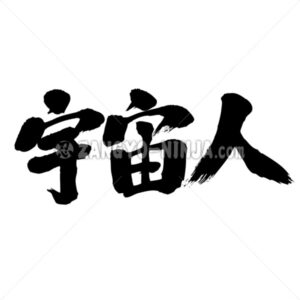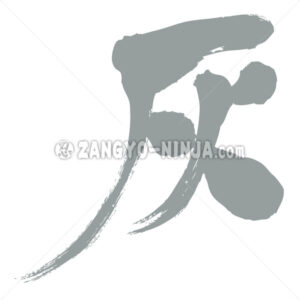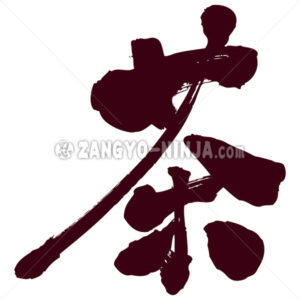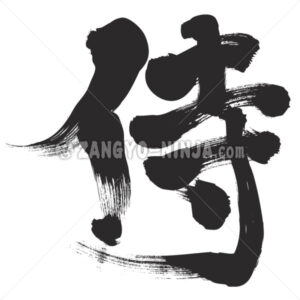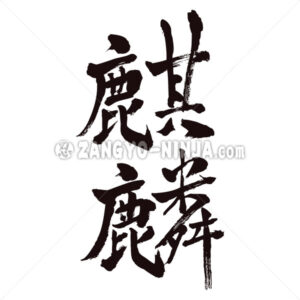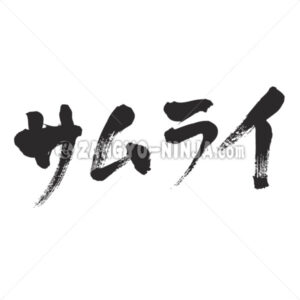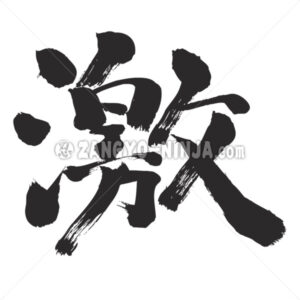
1. It’s hard to beat. The momentum is strong. It’s frustrating. Strict. The change is rapid and remarkable. 2. Move strongly. emotions violently. Japanese says Geki.
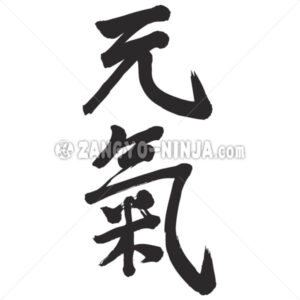
a contented state of being happy and healthy and prosperous. Japanese says Gen-ki. This 氣 is old character. It is the most appropriate character for this word.
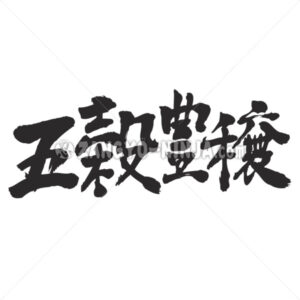
bumper harvest (the five grains (wheat, rice, beans, millet (awa and kibi))). cf. With the times, it has become the deity of commerce and agriculture bringing ‘prosperous trade’ and ‘good harvests’ as a deity of good luck. This Kanji that can fulfill your wish is written in four letter idioms. It’s from long ago. … Read More
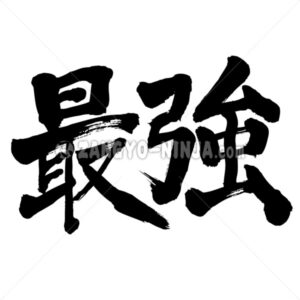
most, greatest cf. Achilles is the greatest and most fearsome warrior at that time. Japan is today considered to be one of the greatest economic powers of the world. Spain was one of the world’s mightiest nations. Japanese says Sai-kyo.
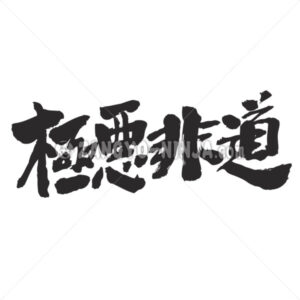
It’s terribly unreasonable. Also, that way. diabolic, fiendish, satanic, hellish, infernal, heinous, atrocious. Japanese says Goku-aku-hi-do.
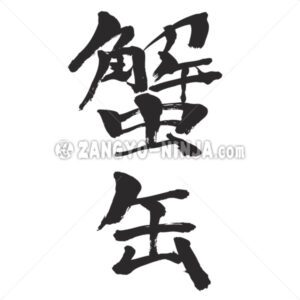
Canned crab meat boiled in water. While there are hundreds of yen (2 ~ 3 dollars) that you can see at supermarkets, there are also high-priced cans that cost 10,000 yen (100 dollars) per can. Japanese says Kani-kan.
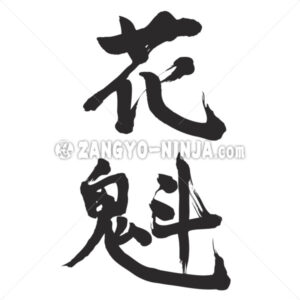
A woman who engages in sexual intercourse for money. A high-class prostitute. The oiran-class courtesans were considered to be superior to their customers.
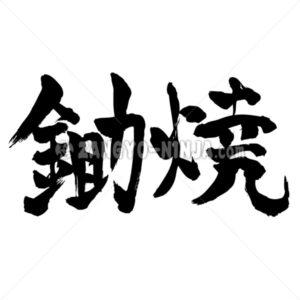
Sukiyaki history One of the hot pot dishes. Beef is mainly used, but there are also chicken plows that use chicken, pork and other meats and fish and shellfish. There is no theory that the meaning of sukiyaki is that plow was used instead of a pot, but the use of used plow is … Read More
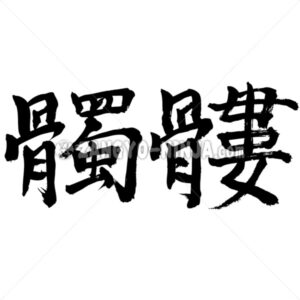
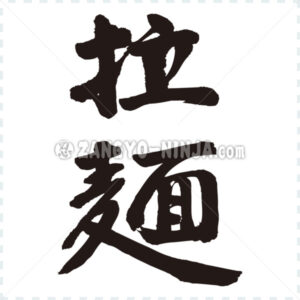
A food that is similar to Chinese noodle dishes but has been transformed uniquely in Japan. Many shops offering tonkotsu ramen (noodle with a thick broth made from boiling pork bones) including Hakata ramen shops prepare takanazuke stir-fried in oil with red pepper to top ramen with.


